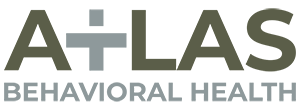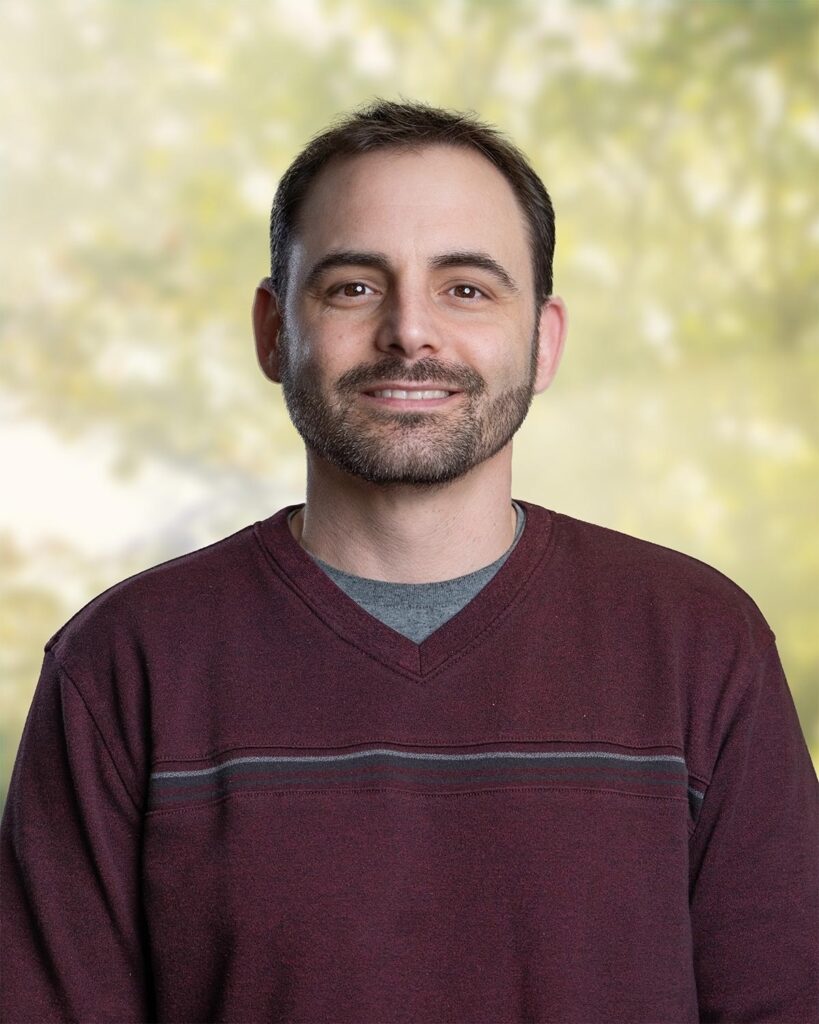Detoxification, or detox, is a critical starting point for anyone seeking recovery from drug or alcohol addiction. It involves clearing the body of substances while managing withdrawal symptoms under professional care. Although detox alone does not constitute full treatment, it sets the foundation for successful, long-term recovery by stabilizing the body and preparing the mind for ongoing therapy. For those who have completed an Atlanta detox program, we provide the support and care needed to continue their recovery journey.
At Atlas Behavioral Health, we focus on providing the essential next steps after detox, guiding clients through comprehensive outpatient programs that address the root causes of addiction and promote sustainable healing.
What is Detox and Why is it Important?
Detox is the process of eliminating drugs, alcohol, or other toxins from the body. During this period, the body adjusts to the absence of these substances, often triggering withdrawal symptoms. For many people, detox can be physically and emotionally intense, requiring professional supervision to ensure safety and comfort.
The importance of detox lies in its ability to stabilize the individual, paving the way for further addiction treatment. Without detox, the body and mind may remain overwhelmed by cravings and withdrawal symptoms, making it difficult to focus on the deeper work required during therapy. For those battling addiction, detox provides the opportunity to begin recovery in a clean and clear-headed state, setting the stage for meaningful change.

The Detox Process: What to Expect
Every person’s experience with detox is unique, depending on the substances used, the duration and intensity of addiction, and overall health. However, the process typically follows these three key phases:
Assessment and Evaluation
When looking for an Atlanta detox program, a thorough evaluation is conducted to understand the individual’s substance use history, medical condition, and mental health. This step helps create a personalized detox plan tailored to the individual’s needs.
Stabilization
The stabilization phase involves managing withdrawal symptoms, which can vary widely depending on the substance. Medications may be administered to ease discomfort and prevent complications. Emotional support is also essential, as withdrawal can be challenging both physically and mentally.
Preparation for Further Treatment
Detox is just the first step in the recovery process. Once the individual is stabilized, they are better equipped to engage in therapies and programs that address the root causes of addiction.
Withdrawal Symptoms and Timelines
Withdrawal symptoms can range from mild to severe, and their intensity depends on the substance and duration of use. Below are common withdrawal timelines for different substances:
- Alcohol: Symptoms such as tremors, sweating, anxiety, and nausea may begin within 6–12 hours after the last drink. Severe cases can lead to seizures or delirium tremens (DTs) within 48–72 hours.
- Opioids (e.g., heroin, prescription painkillers): Symptoms like muscle aches, restlessness, and diarrhea often start within 12 hours of the last dose and peak around 1–3 days, gradually subsiding over a week.
- Stimulants (e.g., cocaine, methamphetamine): Fatigue, depression, and sleep disturbances typically appear within a few hours to days and may persist for weeks.
- Benzodiazepines: Withdrawal symptoms, including anxiety, irritability, and seizures, can begin within 1–4 days and may last several weeks. A slow taper under medical supervision is often necessary.
Medications such as methadone, buprenorphine, naltrexone, or benzodiazepines may be used during detox to alleviate symptoms, reduce cravings, and ensure safety. A medically supervised detox program ensures that withdrawal is managed as safely and comfortably as possible.
The Role of Atlas Behavioral Health Following Atlanta Detox
While detox addresses the physical effects of addiction, true recovery requires ongoing treatment to explore the emotional, psychological, and behavioral aspects of substance use. At Atlas Behavioral Health, we specialize in providing outpatient programs and therapies to support individuals after they have completed detox. Our goal is to guide clients through the next phases of their journey, offering tools and strategies to maintain sobriety and prevent relapse.

Outpatient Programs at Atlas Behavioral Health
At Atlas Behavioral Health, we offer a continuum of care following detox treatment tailored to meet the unique needs of each client. Our programs include:
Partial Hospitalization Program (PHP)
PHP is an intensive day program designed for individuals who need structured support as they transition out of detox. Clients attend therapy sessions five days a week, focusing on developing coping skills, addressing emotional triggers, and building a solid foundation for recovery.
Intensive Outpatient Program (IOP)
IOP is ideal for those who require significant therapeutic support while balancing personal responsibilities. This program involves therapy three to four days a week, helping clients maintain momentum in their recovery while reintegrating into daily life.
Outpatient Program (OP)
OP offers flexible, less frequent therapy sessions, providing ongoing support for individuals who have achieved stability and are ready for more independence after their Atlanta detox. This program helps clients navigate real-world challenges while maintaining access to professional guidance.
Addressing Dual Diagnosis: Comprehensive Care for Complex Needs
For individuals facing both addiction and mental health challenges, known as a dual diagnosis, recovery requires an integrated approach. At Atlas Behavioral Health, we understand the unique complexities of treating co-occurring disorders, where one condition often influences the other.
Our programs address both issues simultaneously, using evidence-based therapies such as cognitive-behavioral therapy (CBT), dialectical behavior therapy (DBT), and medication management.
By focusing on the interplay between addiction and mental health, we help clients uncover underlying issues and develop effective coping strategies. This comprehensive approach ensures that clients not only achieve sobriety but also improve their overall emotional well-being, setting the stage for long-term recovery.
Therapies and Services to Support Recovery
Atlas Behavioral Health’s outpatient programs incorporate a range of evidence-based and experiential therapies to address every aspect of recovery:
- Cognitive-behavioral Therapy (CBT): Focuses on identifying and changing negative thought patterns that contribute to addiction.
- Dialectical Behavioral Therapy (DBT): Helps clients manage intense emotions and improve interpersonal relationships.
- Eye Movement Desensitization and Reprocessing (EMDR): Addresses trauma and its impact on addiction.
- Medication-Assisted Treatment (MAT): Combines FDA-approved medications with therapy to reduce cravings, manage withdrawal symptoms, and support long-term recovery.
- Experiential Therapies: Activities like yoga, guided meditation, breathwork, and art therapy provide creative and physical outlets for stress reduction and emotional expression.
Our Loved One’s Day program also involves family members in the recovery process, offering education and tools to create a supportive home environment.
Why Ongoing Care is Essential After Detox
Completing detox is a significant accomplishment, but it’s only the beginning of the recovery journey. Without continued treatment, individuals are at risk of relapse, as detox alone does not address the psychological and behavioral patterns associated with addiction.
Outpatient care at Atlas Behavioral Health helps bridge the gap between detox and long-term recovery. Through therapy, education, and skill-building, clients learn how to navigate life’s challenges without turning to substances. They also gain the confidence and resilience needed to maintain their sobriety over the long term.

Comprehensive Care Following Atlanta Detox
Detox is a critical first step in the recovery process, but it’s what comes next that truly makes lasting sobriety possible. At Atlas Behavioral Health, we provide the outpatient programs and therapeutic support needed to continue the work started in detox. With evidence-based treatments, compassionate care, and a focus on holistic healing, we are here to guide you or your loved one toward a healthier, more fulfilling life.
If you’re ready to take the next step in your recovery journey after completing an Atlanta detox, contact Atlas Behavioral Health today. Together, we can build a brighter future.



